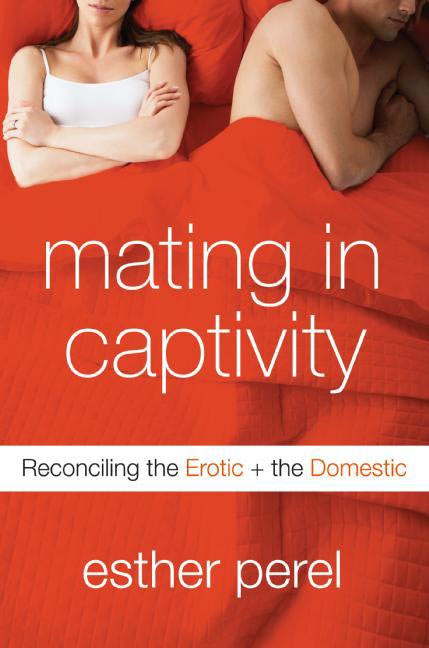

However, a new kind of prose had been emerging as from the end of the eighteenth century: Rousseau's Rêveries du promeneur solitaire (1782) has been hailed as the work that began to move towards the Romanticism of the early nineteenth century, not only because of its often wistful introspection but also because of the fluid, rhythmic style in which it celebrated both thought and 'nature'. In the first decade or so of the nineteenth century, prose works such as Constant's Adolphe (1816) were still using a spare, maxim-studded style that owes much to the deft economy and bareness of the best seventeenth- and eighteenth-century writers. There is no sharp chronological dividing line. Its relationship to poetry was both manipulated in practice and discussed in debates that became ideological as well as aesthetic. But he had pioneering predecessors and like-minded contemporaries: The century was one in which the best writers treated prose as an experimental medium. In so doing, the novel remakes these readers' own "postmodern conditions" as more than just Lyotardian epistemological and concomitant ethical crises: it invites them to understand their conditions as ethical crises precipitated by the erotics of making historical determinations in the face of those crises.įlaubert is the foremost nineteenth-century French innovator in prose style.

It charges that as the novel diagnoses the erotics of The Family Idiot, Jean-Paul Sartre's "modern" biography of Flaubert, it also implicates postmodern historicist readers in those erotics. The essay contends that the critical silence about these erotics is itself historical evidence about the postmodern condition. Taking as its starting point critics' tendency to make Julian Barnes's Flaubert Parrot mimic poststructuralist theoretical discourse on historical epistemology and ontology, the essay argues that Barnes's novel invests its theoretical energies elsewhere-namely, in exploring the idea that historicisms have their own erotics.

This essay tries to disrupt the consensus that recent historicist theory and postmodern fiction participate in the same metahistorical critical project.


 0 kommentar(er)
0 kommentar(er)
